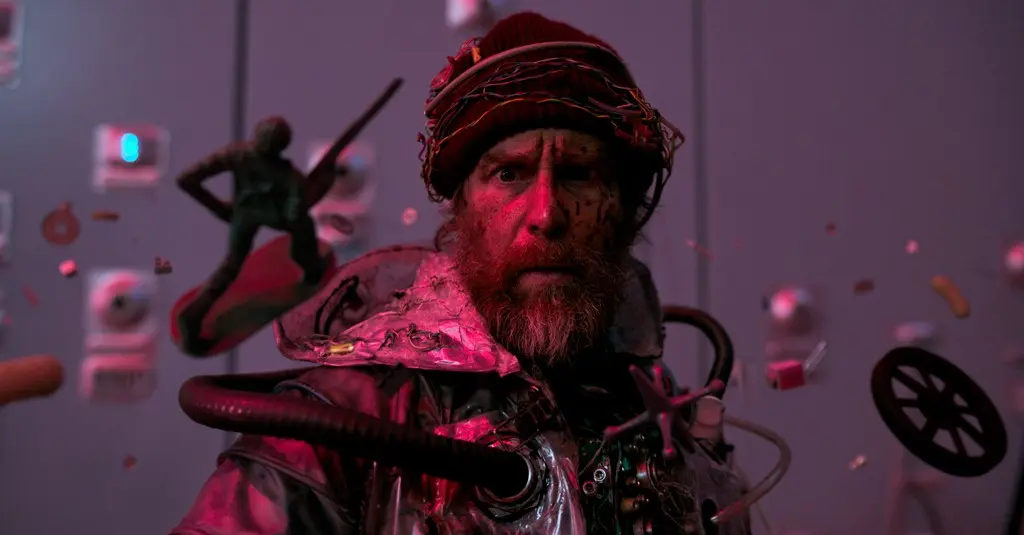If you don’t know his face, you’ve surely heard his silky, baritone voice. In his three-decade-plus career, Daytime Emmy winner and three-time Primetime Emmy nominee Mike Rowe has produced, appeared in, or provided narration for a dozen different TV shows.
During this same time, he’s provided radio and TV voice-over work to promote everything from pizza to motor vehicles to airlines, paper towels, and beyond. I recently had the chance to speak with Rowe, who is as engaging and authentic as you could imagine.






